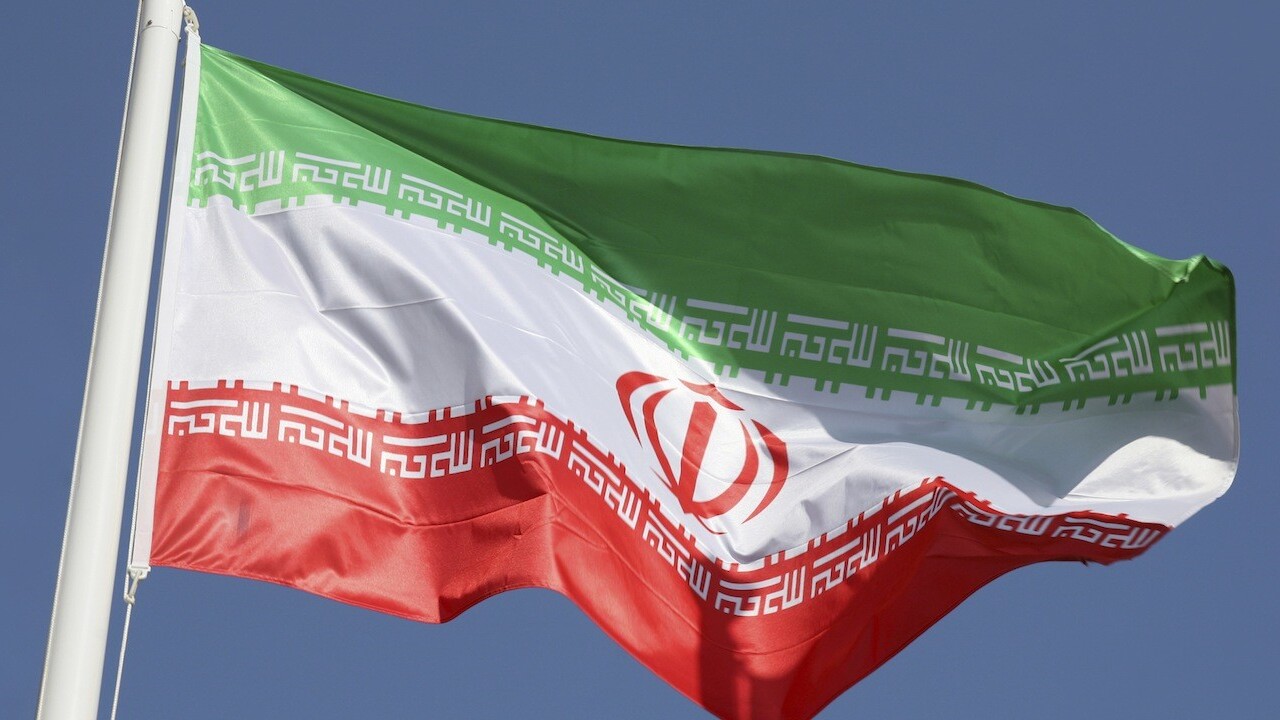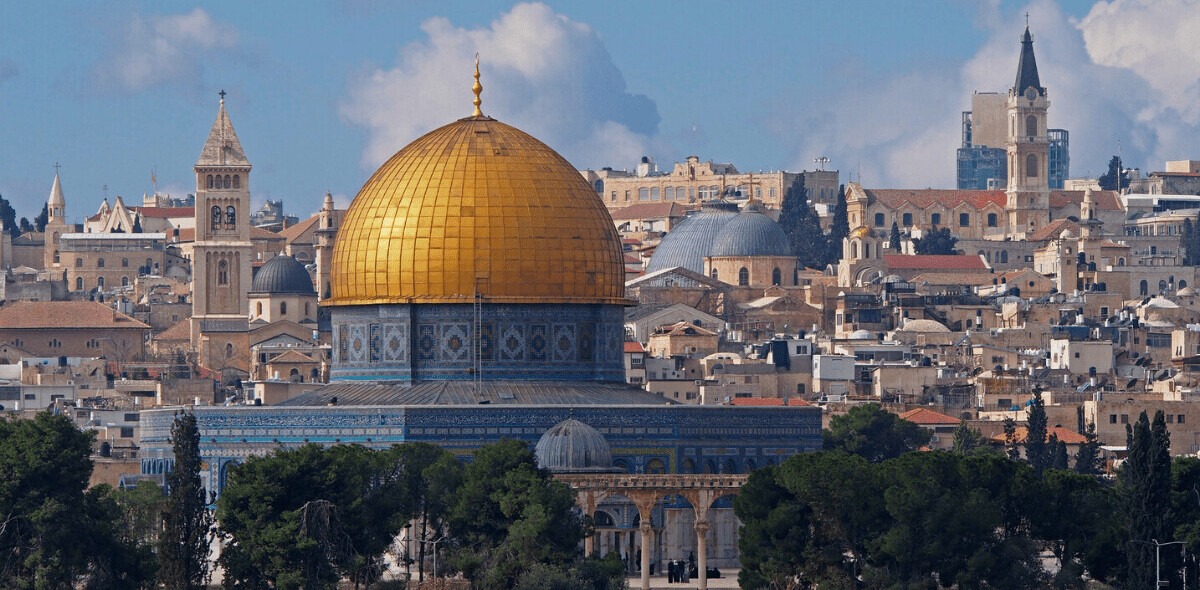
The Web is buzzing today over reports that Iran is developing “intelligent software” to restrict content on popular social networks — an alternative to the country’s current solution of blocking popular networks completely.
This news, which was first surfaced by 7Sobh Daily and Agence France-Presse, cites police chief Esmaeil Ahmadi Moghadam as saying that “smart control of social networks will not only avoid [social network’s] disadvantages, but will also allow people to benefit from their useful aspects.”
Iran’s filtering systems and Cyber police have remained a controversial issue, leading to comparisons with China’s censorship techniques. Iran is additionally developing a country-wide intranet, dubbed National Internet, which may or may not lead to greater restrictions to the global Internet.
This move, however, is interesting as it could inch Iranian Internet users in the right direction; that is, if you believe a censored Twitter is better than no Twitter at all.
That’s Ahmadi Moghadam’s argument, who says “smart control of social networks is better than filtering them completely.”
Our main concern lies in how well this filtering software works in practice, as popular networks do not appear likely to cooperate. Here’s to hoping it will allow for workarounds — I’ll be hoping it doesn’t work at all.
It’s worth noting that Islamic-friendly alternatives to the likes of Facebook and Twitter are currently in development, including Salam World. Alternatives to Google (Ya Haq) and YouTube (mehr.ir) are also in existence. News of a social network filtering system, however, shows the power (and lack of replicability) of modern social networks.
The Next Web has been blocked in Iran in the past, and appears to be blocked currently.
Image credit: Thinkstock
Get the TNW newsletter
Get the most important tech news in your inbox each week.





